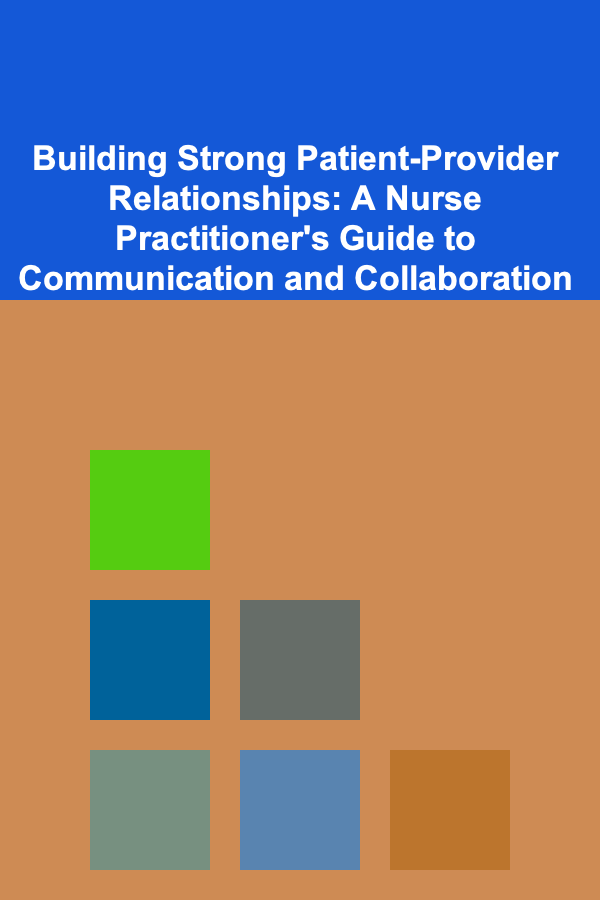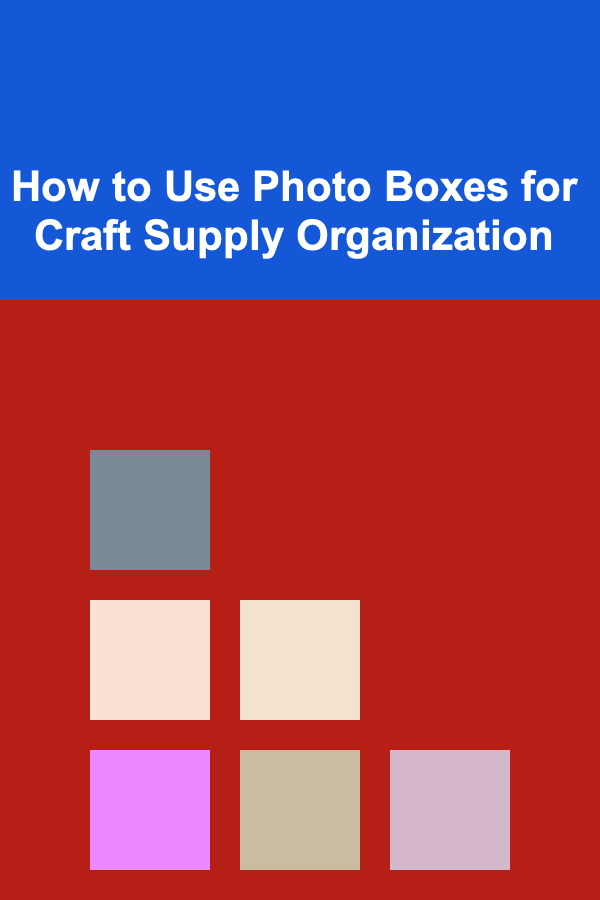
Using Informational Interviews to Gain Career Insights
ebook include PDF & Audio bundle (Micro Guide)
$12.99$5.99
Limited Time Offer! Order within the next:

When navigating your career, one of the most effective and underutilized tools at your disposal is the informational interview. Informational interviews provide an opportunity to gather valuable insights, make connections, and refine your career goals without the pressure of job hunting. These conversations are a key part of networking and can offer much more than a resume or job application ever could. Here's an actionable guide on how to leverage informational interviews to gain career insights.
What Is an Informational Interview?
An informational interview is a meeting between you and someone in your desired field or industry to gather information about their job, career path, and the industry at large. Unlike traditional interviews, which are typically for the purpose of hiring, an informational interview focuses on gaining insights and advice. It's an opportunity for you to ask questions that can help you make informed decisions about your career trajectory.
The goal is not to land a job or make a direct business deal, but to expand your knowledge, build your professional network, and get a clearer picture of the career path you're interested in.
Why Conduct Informational Interviews?
1. Gain Insider Knowledge
In any industry, insider knowledge is crucial. By speaking with someone already in the field, you can uncover details that might not be readily available through job descriptions, online resources, or career guides. You can learn about industry trends, hidden job opportunities, and company cultures that might not be advertised.
2. Clarify Career Goals
Talking to professionals who have been in your shoes can help clarify your career aspirations. Whether you're still deciding between industries or unsure about a specific career path, informational interviews offer a chance to get the perspective of someone with first-hand experience.
3. Build Valuable Connections
Informational interviews can significantly expand your professional network. When you connect with someone and develop a rapport, they may offer future opportunities, advice, or refer you to other professionals in your field.
4. Learn About the Job Market
An informational interview provides an opportunity to get a better understanding of the current job market, including what skills are in demand, what companies are hiring, and what challenges professionals face in your industry. This can help you adjust your job search strategy and develop skills that make you more marketable.
5. Increase Your Confidence
Speaking with experienced professionals helps boost your confidence. It provides you with insights that can ease job search anxiety and give you more clarity on how to approach your career progression.
How to Find People for Informational Interviews
Before you start requesting informational interviews, you need to identify the right people to speak with. These individuals can be found in a variety of ways:
1. Leverage LinkedIn
LinkedIn is a great place to connect with professionals across industries. Use advanced search filters to find individuals who are in roles or industries you're interested in. Once you've identified people, reach out with a polite message explaining your interest in learning more about their career and asking for a brief conversation.
Example message:
"Hi [Name],
I hope you're doing well. I've been following your work in [industry] and I'm really interested in learning more about your career path and the industry. I'd love to hear your insights and get advice on how to navigate a career in this field. Would you be open to a 20-minute informational interview? I'd greatly appreciate your time.
Thank you,
[Your Name]"
2. Tap Into Your Existing Network
Reach out to colleagues, mentors, professors, or friends who might know someone in your desired industry. A warm introduction through someone you know can make it easier to get a meeting scheduled, as it builds an initial layer of trust.
3. Industry Events and Conferences
Attending industry events, even virtual ones, can introduce you to professionals willing to share their knowledge. Many conferences and workshops provide opportunities to network with speakers, panelists, and attendees.
4. Professional Associations
Professional organizations in many industries often have member directories or events that can provide access to experienced professionals. Becoming a member or attending their meetings can open the door to valuable networking opportunities.
5. Alumni Networks
Your school's alumni network can be a powerful resource. Many alumni are willing to help others in their field, and reaching out through alumni channels often leads to positive responses. Use your school's alumni directory or platforms like LinkedIn to find relevant contacts.
How to Conduct an Informational Interview
Once you've lined up your informational interviews, the next step is to conduct them in a way that maximizes the value you'll gain from the conversation. Here's how to approach these meetings.
1. Prepare Your Questions
The success of an informational interview lies in the questions you ask. Plan ahead and create a list of questions to guide the conversation. Your questions should focus on gaining insights, not on trying to ask for a job. Some questions you might ask include:
- Career Path and Role: "Can you tell me about your career journey and how you got to where you are today?"
- Industry Trends: "What are the biggest trends shaping the industry right now?"
- Skills and Education: "What skills are most valuable in your role? What kind of education or certifications do you recommend pursuing?"
- Challenges: "What challenges do you face in your job? How do you manage them?"
- Company Culture: "What's the culture like at your company? What do you enjoy most about working there?"
- Advice for Newcomers: "If you were starting out in this field, what would you do differently?"
- Networking and Growth: "Can you recommend other people or resources that would be helpful as I pursue this career path?"
Don't forget to also ask for feedback or advice on how to improve your own approach to entering the field, whether that means gaining experience, learning specific tools, or networking more effectively.
2. Be Respectful of Time
Professionals are often busy, so it's important to be respectful of their time. Stick to the scheduled time, typically 20--30 minutes, and be punctual. If you feel like you need to extend the conversation, politely ask if they have additional time. Make sure to follow up if you want to continue the conversation or ask further questions.
3. Be an Active Listener
Active listening is essential in any informational interview. Pay attention to the speaker, ask follow-up questions based on their responses, and show genuine interest in their advice. Let them share their thoughts fully before jumping in with your next question.
4. Offer Gratitude
Always thank your interviewee for their time and insights at the end of the meeting. A thank-you note or email within 24 hours of the interview is a thoughtful way to express appreciation and leave a positive impression.
Example follow-up email:
"Dear [Name],
I wanted to thank you again for taking the time to speak with me today. I really appreciated hearing about your career journey and the valuable insights you shared regarding the industry. Your advice on [specific advice or topic] was particularly helpful, and I plan to take action on it moving forward.
Thank you once again for your generosity, and I hope we can stay in touch.
Best regards,
[Your Name]"
5. Reflect and Take Action
After the interview, take time to reflect on the conversation and extract key takeaways. This reflection will help you make informed decisions about your next career steps. Act on the advice you've been given---whether it's pursuing additional skills, seeking new opportunities, or refining your goals.
How to Follow Up After the Interview
While informational interviews are not typically aimed at securing a job, staying in touch with the people you meet can lead to future opportunities. Following up periodically to keep the connection alive is important.
- Stay Connected on LinkedIn: Send a connection request with a personalized message explaining how much you appreciated the conversation.
- Update Them on Your Progress: If you've acted on their advice or made progress in your career, let them know. People appreciate seeing how their guidance helped.
- Offer Help: If you can, offer to assist them in any way. It could be as simple as sharing a relevant article or offering your help with something within your area of expertise.
Conclusion
Informational interviews are one of the most valuable yet overlooked tools for gaining career insights. By conducting these interviews, you can gather information that helps you navigate your career path, connect with like-minded professionals, and make informed decisions. The key is preparation, active listening, and a willingness to learn from the experiences of others. Whether you're starting in a new industry or advancing in your current role, informational interviews can be the catalyst you need to take your career to the next level.
Reading More From Our Other Websites
- [Home Pet Care 101] How to Choose the Right Bed for Your Senior Dog
- [Home Storage Solution 101] How to Turn Unused Closets into Home Office Storage Spaces
- [Biking 101] Bike Accessories for Phone: Must-Have Gear for Cyclists
- [Home Space Saving 101] How to Create a Functional Mudroom Organization System
- [Toy Making Tip 101] Safety First: Best Practices for Laser-Cutting Kids' Toys
- [Home Maintenance 101] How to Keep Your Home's Driveway and Walkways Clean
- [Home Storage Solution 101] How to Make the Most of Under-Stair Storage in Your Home
- [Home Family Activity 101] How to Create a Family Time Capsule to Open in the Future
- [Home Space Saving 101] How to Downsize Your Home Without Sacrificing Comfort
- [Home Soundproofing 101] How to Use Weatherstripping to Soundproof Your Home

Building Strong Patient-Provider Relationships: A Nurse Practitioner's Guide to Communication and Collaboration
Read More
How to Create a Functional Mudroom in Your Home Renovation
Read More
How to Use Photo Boxes for Craft Supply Organization
Read More
How To Pair Wine with Mediterranean Food
Read More
How To Find TV Shows That Focus on Friendship
Read More
10 Tips for a Budget-Friendly Self-Care Planner
Read MoreOther Products

Building Strong Patient-Provider Relationships: A Nurse Practitioner's Guide to Communication and Collaboration
Read More
How to Create a Functional Mudroom in Your Home Renovation
Read More
How to Use Photo Boxes for Craft Supply Organization
Read More
How To Pair Wine with Mediterranean Food
Read More
How To Find TV Shows That Focus on Friendship
Read More